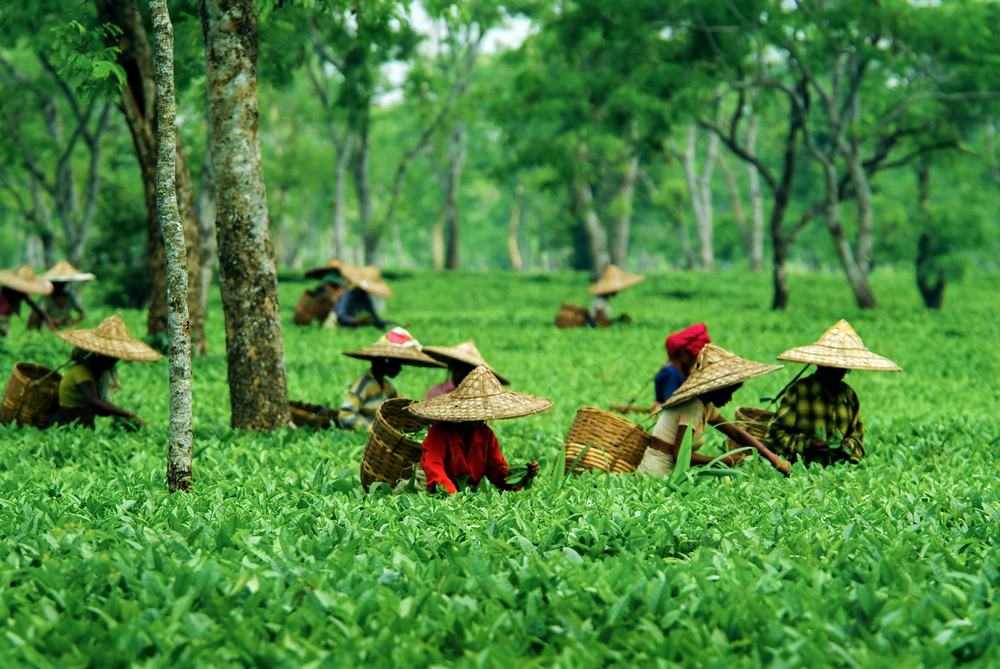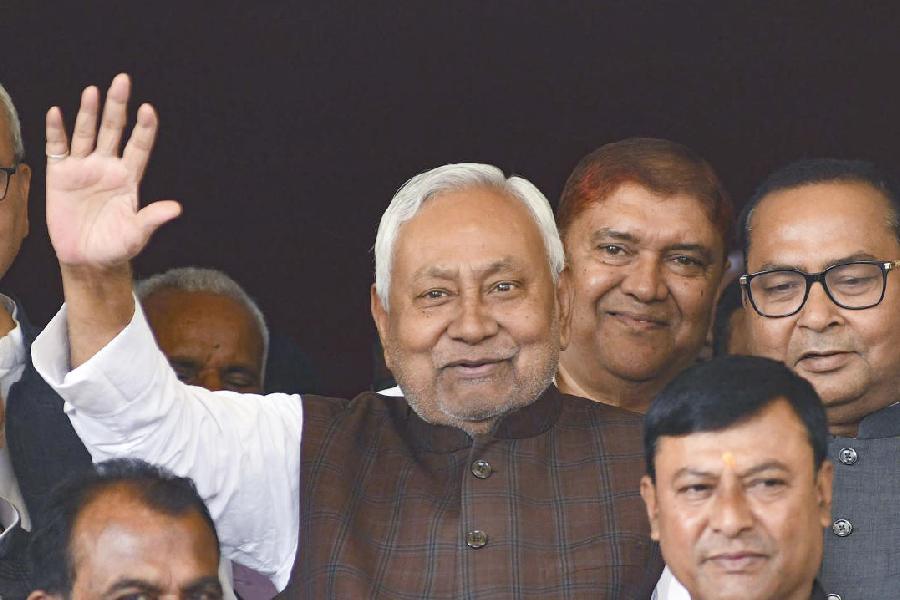The Assam tea industry has asked the state government to exempt it from paying agricultural income tax for three years.
Different tea associations in pre-budget memorandums said agricultural income constitutes 60 per cent of the total income, on which tax is levied at 30 per cent. “Given the cost pressures faced by the industry, it is submitted that exemption from payment of agricultural income tax be granted to the tea sector for a period of three to five years in line with similar exemptions granted by other state governments,” a memorandum said.
The tea industry is in a tight spot over increasing cost of production but has not been able to get remunerative costs at the auctions. “Prices at the auctions have remained static for the last five years or so and coupled with increasing cost of inputs, price realisation is not commensurate with the cost of production,” an industry official said. Teas at Guwahati auctions are fetching as low as Rs 50-60 per kg at present.
The supply mismatch is also one of the reasons for low realisation of price at farm-gate level and the worry is surviving such huge production.
The Tea Association of India has asked the government to allow long-term leases, typically for 30 years or more, to enable tea gardens for effectively planning investment or executing development activities. It said manufacturing cost on account of power tariff is high, which gets accentuated in areas like Cachar district, owing to intermittent power supply. “A subsidy on power tariff applicable to tea industry may be considered,” it said.
The industry said it was bound by the specifications provided by the state housing board regarding construction of labour quarters. “Direct applicability of Indira Awas Yojana to tea estates at present is not possible owing to severe financial constraints and the industry is not able to construct new labour houses according to the requirement. Moreover, there has been rapid increase of the non-working population in tea estates, which makes it difficult to meet housing needs. It said housing cost was earlier subsidised, which was subsequently discontinued. We urge the state government for a similar housing subsidy scheme,” the Indian Tea Association said.










